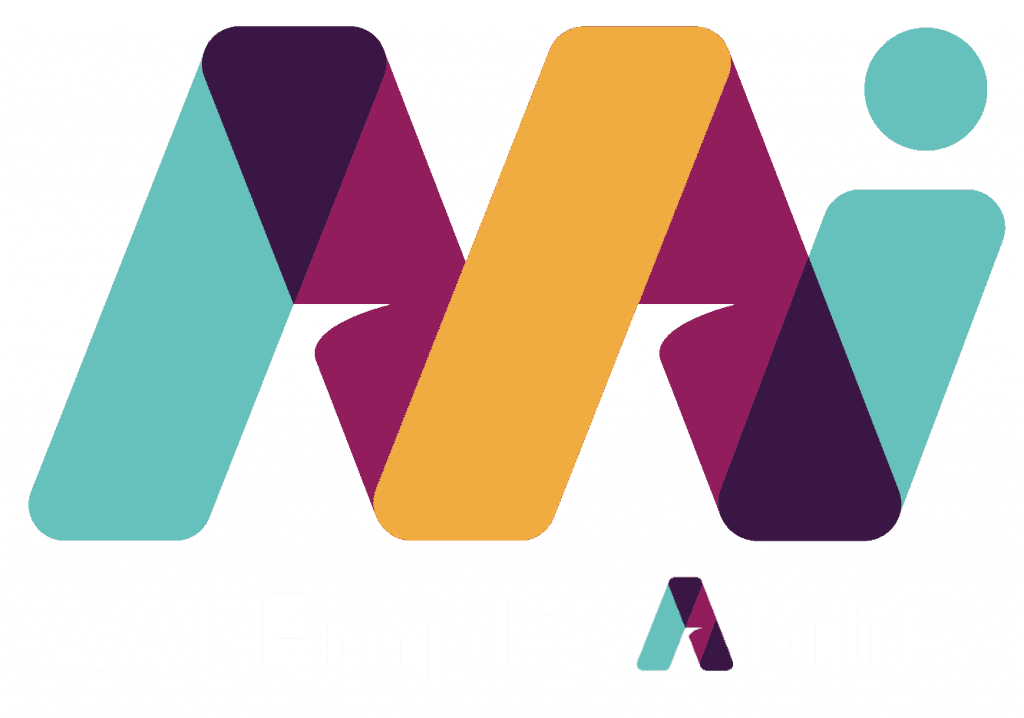Working alongside with other people, apart from bringing opportunities for sharing ideas and support each other, often means having to cope with situations in which conflict is inevitable. But fear not! There are ways to effectively deal with it.
Conflict is an expected part of any social situation, including a workplace setting and the key to resolving it lies in the way you will choose to deal with it. Denying its existence or trying to avoid it altogether will not help; instead it very likely that it will only make it worse as it can grow into resentment and create opposing factions within your organisation.
Similarly to most problems, the first step towards resolving conflict is to be able to recognise and understand it; only then it will be possible to bring about a quick and fair outcome.
There is every reason to be positive, however, as most situations involving conflict in the workplace can be resolved without leaving anyone feeling that they have been hard done by.
The sooner the better
Train yourself to recognise conflict early on, even if it’s not easily noticeable. In situations where conflict is very apparent, wait for both parties to calm down before you tackle the issue. Then act immediately to move things to a reconciliation before the problem becomes bigger than it needs to be.
Observe and listen carefully
Whether you are directly involved in the situation or you are trying to manage it, ask questions, pay attention to what everyone has to say and acknowledge the emotions they are experiencing. Work towards understanding the different perspectives and problems while focusing on the problem and its solutions. Most importantly, try not to make it personal between those involved as it will potentially escalate things further.
Ask for solutions
Rather than proposing all the solutions yourself, ask all parties to contribute actively with realistic scenarios that will eventually lead to a solution. Encourage mutual compromises and openness to new ideas. Find the middle ground between both parties and start to define and plan the next steps.
Pick your battles
If you are directly involved in a situation that could easily turn to an open conflict, take some time to decide whether there are enough reasons to escalate it. Give yourself some time and distance to evaluate the issue: often it may not be as important as it seemed to you at first. Take responsibility for your own actions and try to forgive and forget minor situations that may have bothered you in the past. Train yourself to let go and move on.
Handling serious situations
Not all problems that arise in a workspace environment are equally important, however. If you need to deal with a serious issue, such as discrimination or harassment it is extremely important to seek support from the appropriate contact in your organisation. This may be your line manager, but may be your HR department or a named contact. These kinds of problems often require structured intervention from higher up the line management structure, and you need to be clear on what your employer’s policies say you should do in such circumstances. Talk to your supervisors and follow the formal procedures for filing a complaint (if this is what you decide to do) and be thorough and specific in the written documentation about the facts and the suggested solutions.


